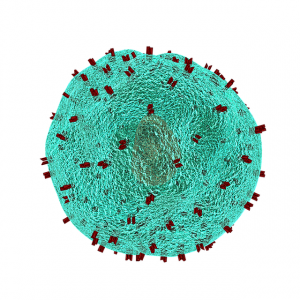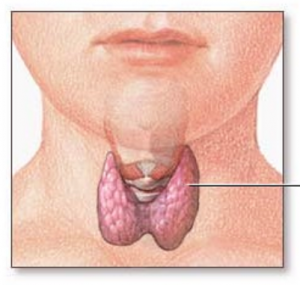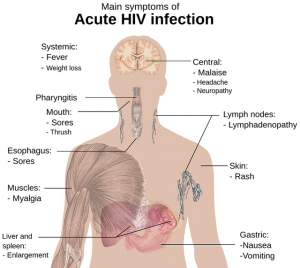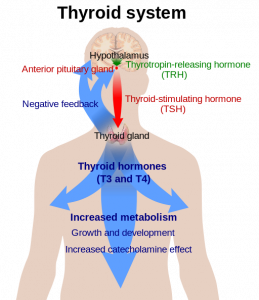Lower selenium status during pregnancy means there is a greater risk of developing gestational diabetes [Hamdan 2022; Xu 2022]. Three different selenium biomarkers in early and late pregnancy show a quite strong association of selenium with 1) the risk of developing gestational diabetes mellitus and 2) the birth of large for gestational age offspring [Demircan 2022].

The Mayo Clinic defines gestational diabetes as being diagnosed with diabetes for the first time during pregnancy. Gestational diabetes is like other forms of diabetes in that it affects how well the cells use glucose. It causes high blood sugar levels that can affect the mother’s health and the baby’s health [Mayo Clinic 2023].








